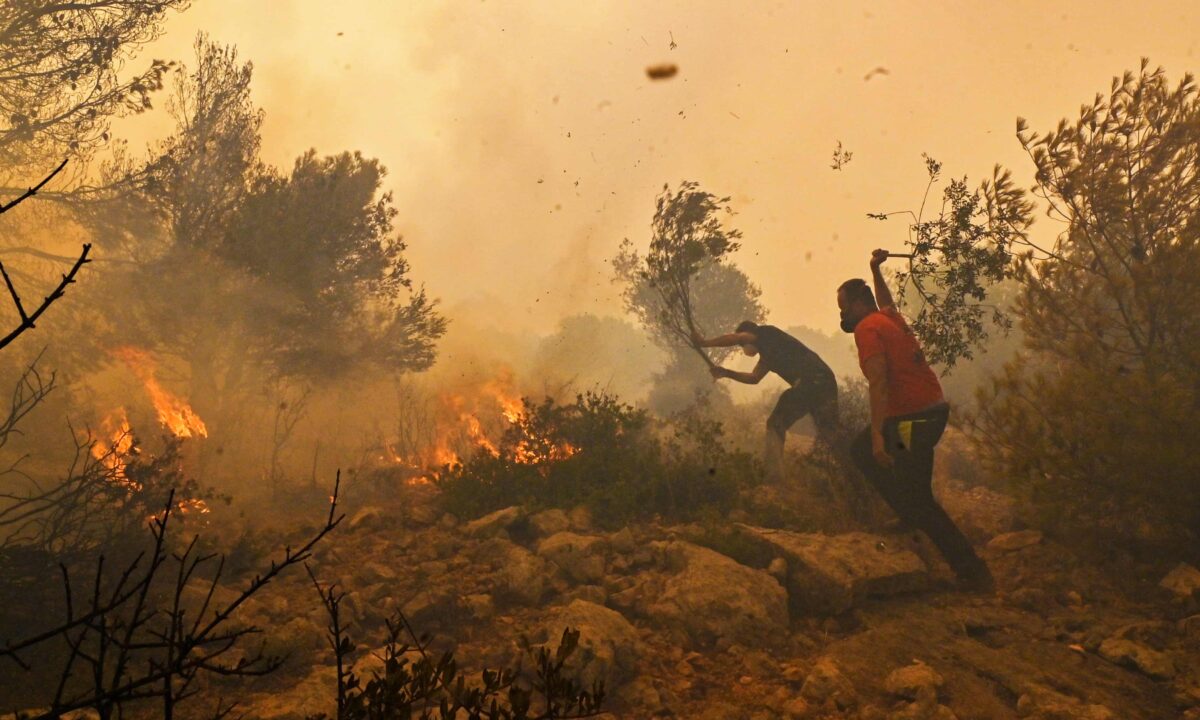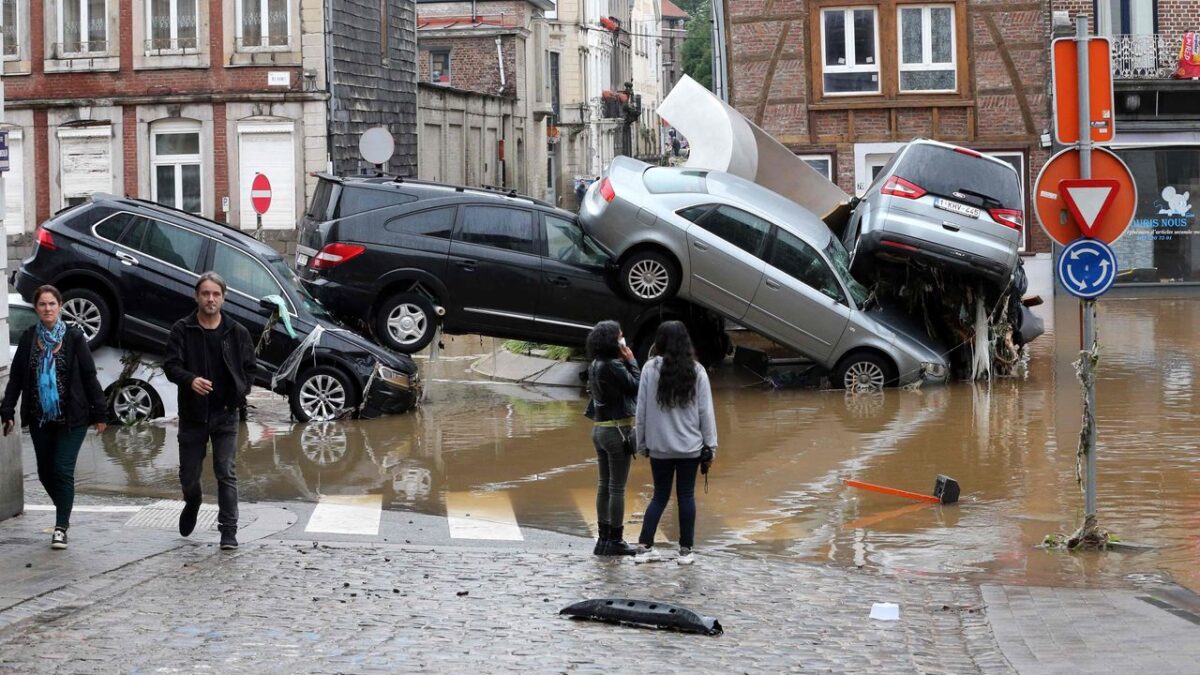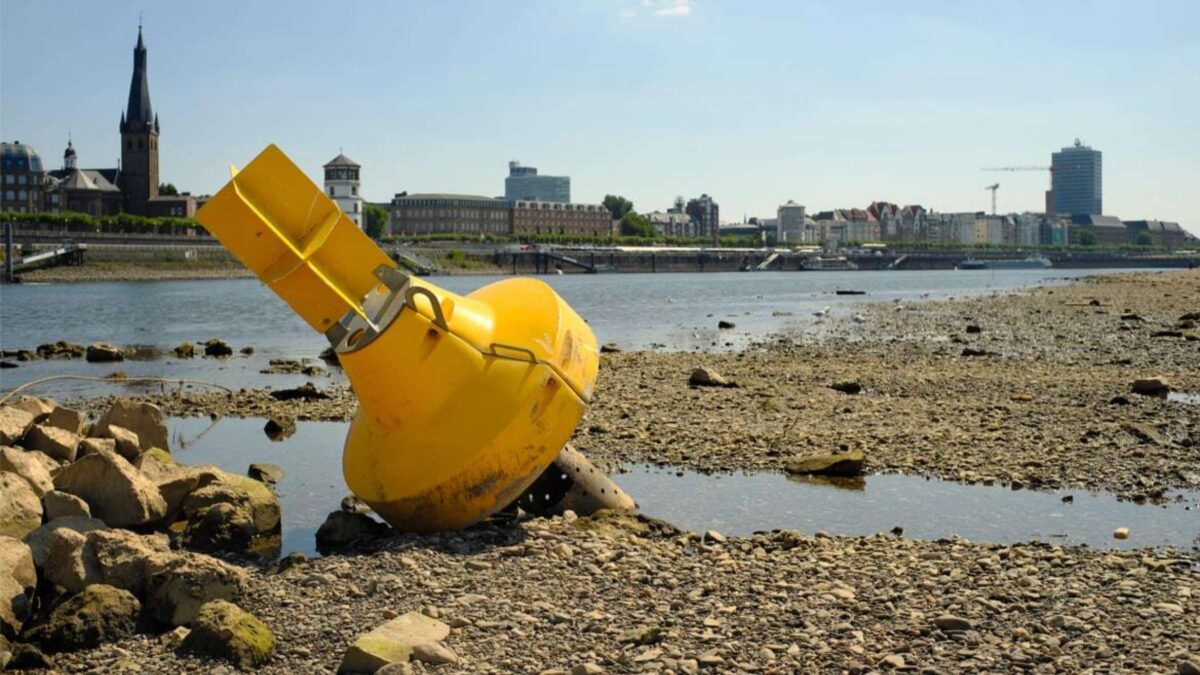As the climate crisis in Europe intensifies, it finds itself at a critical juncture, facing a myriad of escalating risks ranging from wildfires to extreme weather events. The European Environment Agency (EEA) has issued a stark warning, indicating that the continent is ill-prepared to confront the rapidly growing threats posed by climate change.

In its inaugural risk assessment report, the EEA highlights the urgency of the situation, identifying 36 significant climate risks with potentially severe consequences. These risks include heat stress, flash floods, river floods, and the deteriorating health of coastal and marine ecosystems. Alarmingly, the report underscores that half of these risks require immediate action, with an additional five demanding urgent attention.
Leena Ylä-Mononen, the Executive Director of the EEA, underscores the gravity of the situation, emphasizing, “Europe faces urgent climate risks that are growing faster than our societal preparedness.” The report serves as a poignant reminder of the imperative for concerted efforts to bolster resilience and adaptation measures across the continent, as the looming specter of climate change demands immediate and resolute action.
One of the most pressing concerns highlighted in the report is the phenomenon of cascading and compounding risks, wherein the impacts of climate change exacerbate existing vulnerabilities and create complex challenges. For instance, rising temperatures in southern Europe not only lead to droughts and crop failures but also increase the likelihood of flash floods and wildfires, further straining resources and exacerbating societal disruptions.
Robbert Biesbroek, a distinguished report author hailing from Wageningen University, issues a stark warning regarding the inadequacy of current adaptation endeavors, which fall short in adequately confronting the escalating risks posed by climate change. Despite the mounting evidence advocating for adaptation measures, a palpable chasm persists between the accelerating pace of climate change and the execution of impactful mitigation strategies, underscoring the urgent need for proactive intervention.
The report also raises concerns about the underestimated risks posed to the financial sector, emphasizing the need for comprehensive stress tests to accurately assess the potential economic ramifications of climate-related disasters. Blaž Kurnik, Head of the EEA impacts and adaptation group, warns that the pace of policy development is lagging behind the escalating threats, leaving Europe vulnerable to catastrophic impacts.
Europe finds itself increasingly vulnerable to the impacts of climate change, a predicament amplified by its designation as the planet’s most rapidly warming continent. With temperatures soaring at a rate double the global average, the imperative for immediate action has never been more pressing, as concerted efforts are essential to mitigate risks and ensure the preservation of the continent’s future.
In response to the EEA’s findings, policymakers must prioritize the development and implementation of robust climate adaptation strategies. This entails investment in infrastructure resilience, the expansion of insurance coverage, and the enactment of legislation to protect vulnerable communities.

Kate Levick, the Associate Director at the esteemed climate think-tank E3G, underscores the critical importance of proactive measures for the climate crisis in Europe, emphasizing the need for finance ministers to evaluate the repercussions of climate risk on national balance sheets comprehensively. This insightful perspective highlights the imperative for strategic action to mitigate the adverse impacts of climate change on economic stability and national resilience.
As climate crisis in Europe escalates, decisive action is imperative to avert catastrophic consequences. The European Commission’s forthcoming response to the EEA report underscores the need for collaborative efforts at the national and international levels to build resilience and secure a sustainable future for generations to come.



